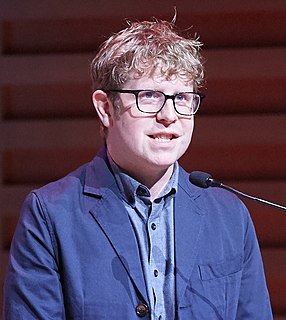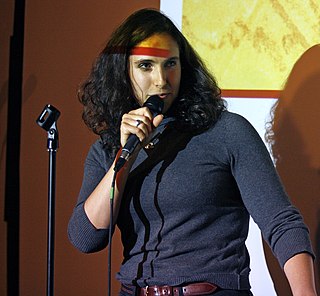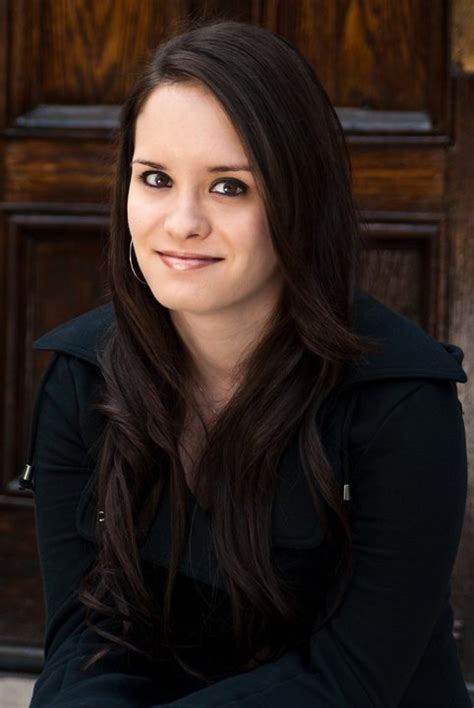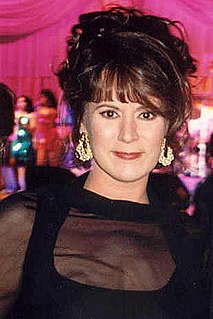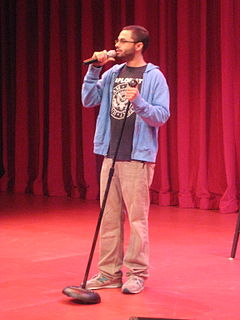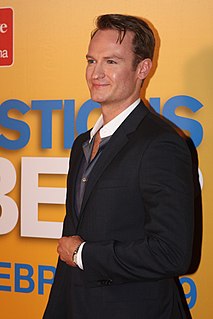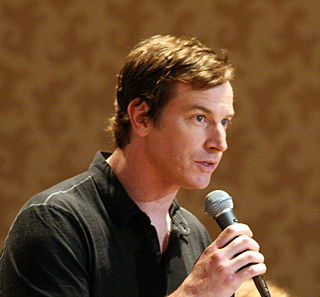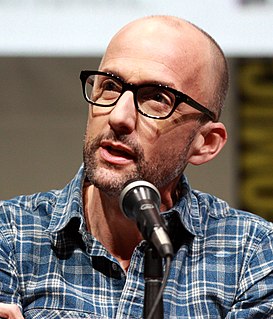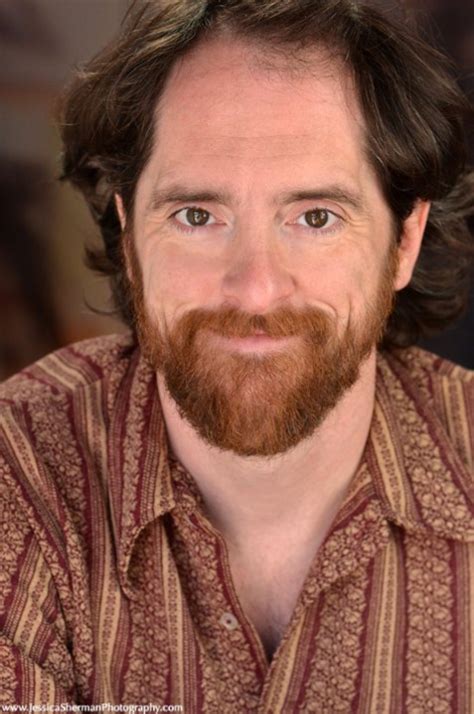A Quote by Josh Widdicombe
Sitcom writing is difficult because it's not just about writing jokes - there's a very fine balance between characters, plot, and comedy, that if you get one thing wrong, the whole castle comes falling down.
Related Quotes
Tweeting is a great way to practice writing jokes, but there is so much more to comedy writing than just jokes. Jokes are a necessity, but you also have to learn how to write characters, to break a story, to keep coherence between episodes. I've learned more by being a TV writer than I ever could've on my own.
Comedy is more difficult than drama. I think it's really difficult to make someone laugh because people have very different comedic sensibilities. In drama, you can get away with being a great actor and surrounded by great actors and having good writing. But in comedy you have to listen and you have to perform with a certain rhythm, because if you don't, it's like playing a wrong note in the orchestra and you can hear the off key and it will fall flat and you won't get that instant response.
I hope I never have to stop acting. I love it. But, I think the coolest thing about acting is working with these amazing people all the time, and writing represented a new way to meet those people and to tell stories, at the same time, which I've always wanted to do, and to tell jokes. I love comedy, so writing was a way of getting these jokes that I had down on the page.
The cool thing about 'Transparent' is that the show is funny but not like a sitcom is funny. It all comes down to the writing... The writers on that show are so good that you don't have to worry about anything. There are so many things that can go wrong making a TV show or a movie, but if the writing's good, that's, like, 95 percent of it.
And writing comedy and it really taught me how to kind of like craft jokes, it sounds like weird but really focus on crafting jokes and trying to make the writing really sharp. At the same time I did improv comedy in college, and that helped with understanding the performance aspect of comedy, you know, because it's different when you improv something vs. when you write it and they're both kind of part of my process now.
The plot is very important because writers have to play fair with their readers, but no one would care about the plot if the character work wasn't there. So, basically every book I work on starts with me thinking not just about the bad thing that's going to happen, but how that bad thing is going to ripple through the community, the family of the victim, and the lives of the investigators. I am keenly aware when I'm working that the crimes I am writing about have happened to real people. I take that very seriously.
That's one thing brands are understanding is, I'm the blogger who's not writing about fashion. I'm not writing about beauty. I'm not writing about gossip. I'm not writing about politics. I'm writing about all of that. I'm the person they can come to if they just want to reach people who care and have their fingers on pop culture.
So the fact that there's someone who's planning what happens to the characters, writing it down, means that the characters always have a fate. And when we think about fate, we tend think of it as the thing we would have if we were literary characters, that is, if there were somebody out there, writing us.
